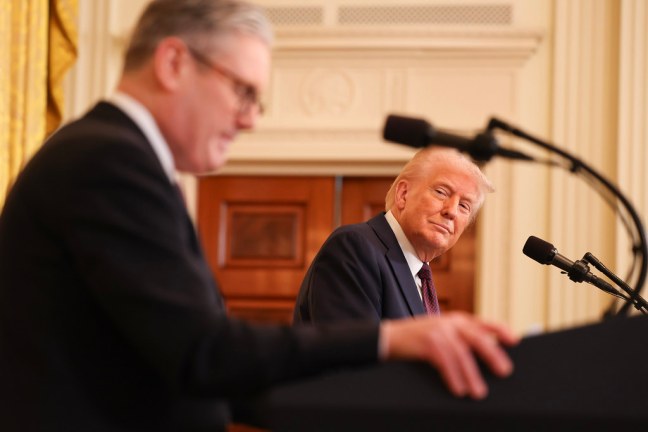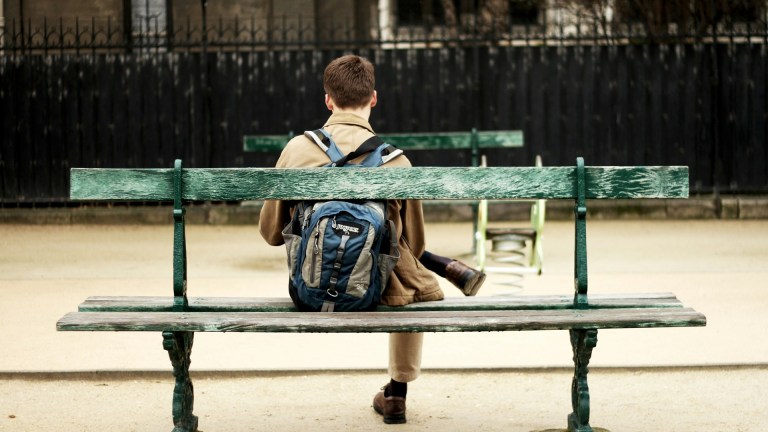To say that Universal Credit has had a troubled time would be putting it mildly. Originally announced by then-Work and Pensions Secretary Iain Duncan Smith a decade ago, the full roll-out of the controversial benefits system was originally supposed to be completed by 2017. Now the delayed date is set at September 2024.
In an unusual step, that deadline was revealed by the BBC as they kicked off their fly-on-the-wall documentary Universal Credit: Inside the Welfare State three weeks ago.
The three-part show wrapped up last night and made for an eye-opening watch – here are five things we’ve learned.
- The show wasn’t quite the propaganda that some people feared…
The programme arrived off the back of a newspaper advertising campaign that was ruled as “misleading” by the Advertising Standards Authority at the tail end of last year. And that sparked fears that the DWP letting in the BBC cameras when they are under such enormous pressure could be another attempt to wrestle control of the narrative.
Not so. The documentary showed the struggles of claimants and Jobcentre work coaches alike – even focusing on one work coach who had to claim Universal Credit and take a second job herself. From the woman in Liverpool who was held back because of proof of her father’s work history, to the Bolton woman on a zero-hours contract desperately trying to enter the world of work and keep herself afloat in the face of fluctuating payments, to the man rough sleeping in London after work dried up in the construction and pub sectors. Each story was a powerful portrayal of the struggles adapting to the system.
- …Until it was
On the whole, the Jobcentre staff’s trials and tribulations as they tried to manage an enormous workload came across. But with recruitment frozen, staff at the Liverpool Jobcentre that was the focus of the second episode were struggling to cope. Cue a meeting with bosses where they could express their concerns and fears. But the episode ended with the freeze lifting at that particular Jobcentre, meaning more staff could be employed. It was the one time where things seemed rather too convenient.










